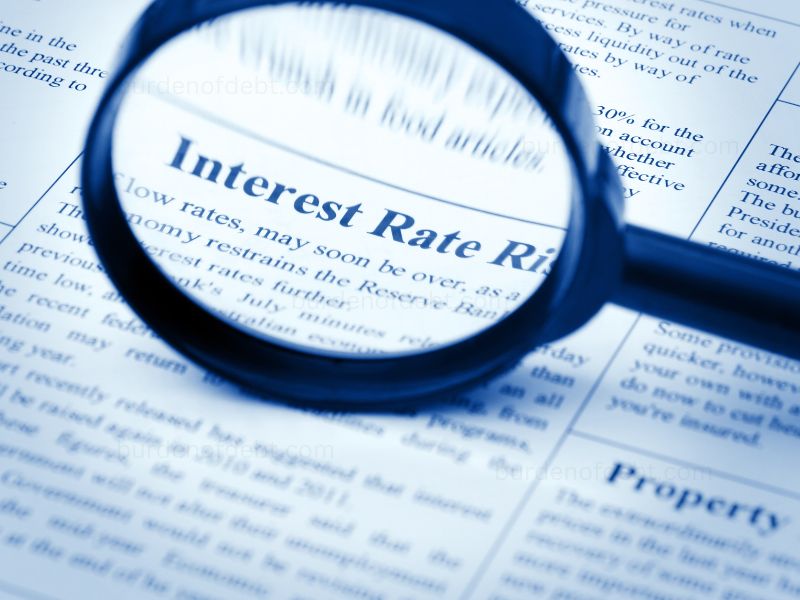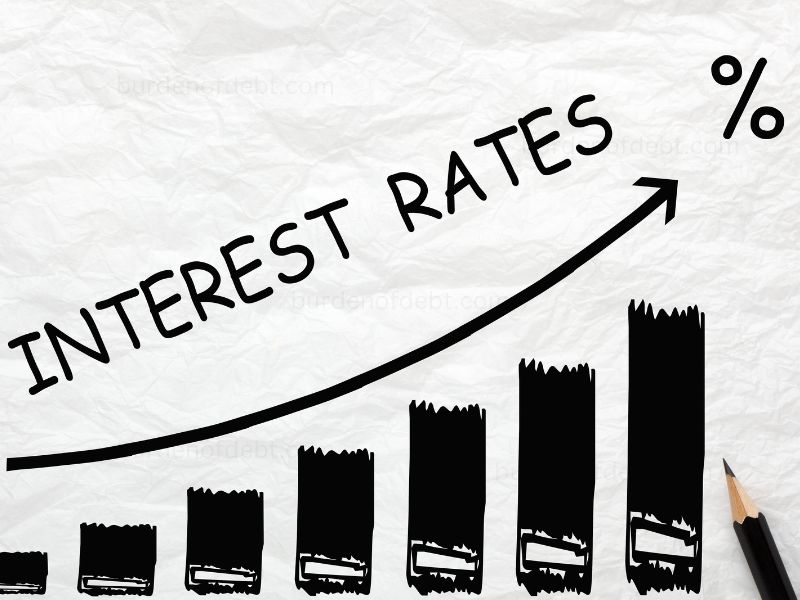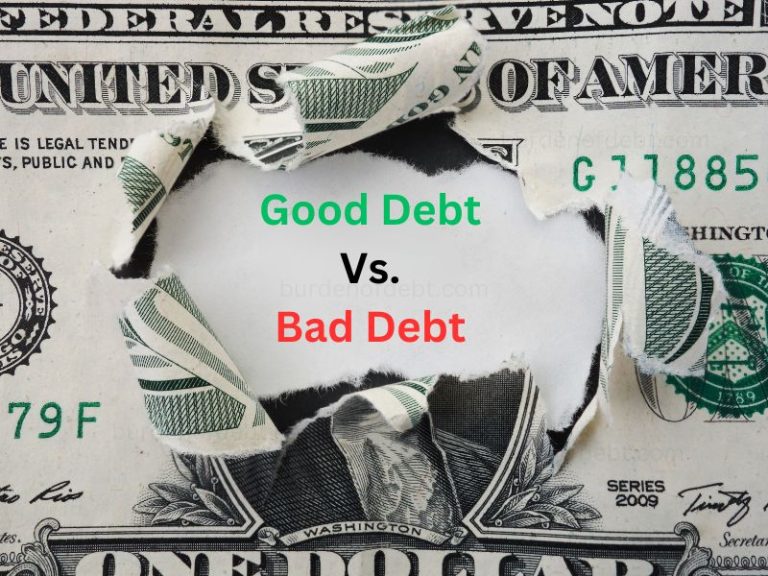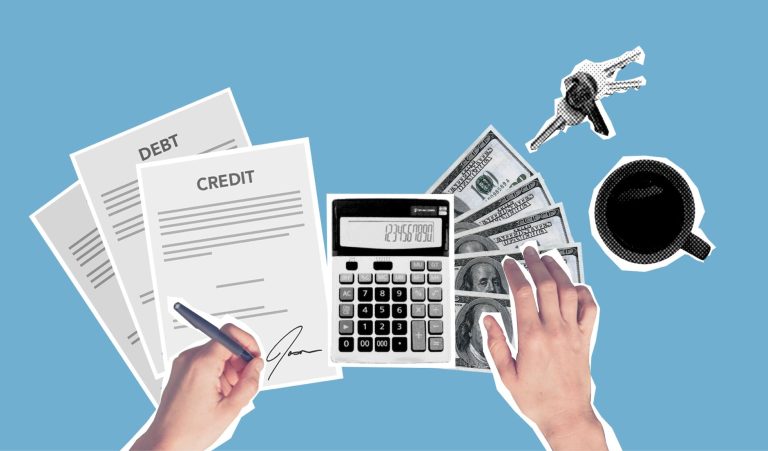Understanding Interest Rates – How Do They Affect Your Debt?
Understanding Interest Rates
If you’re anything like me, you’ve found yourself puzzled by the term “interest rates.” The concept might seem daunting at first, but in reality, understanding interest rates and their impact on your debt can be quite straightforward.
The Basics of Interest Rates
In the simplest terms, an interest rate is a percentage of a loan or debt that is charged as rent for borrowing money. Let’s say you borrow $1000 with an interest rate of 10% per annum. Over the course of a year, you’d have to pay back $1100 – the original $1000 plus $100 in interest. The concept is straightforward, right?
The perplexity arises when we start factoring in compounding – when the interest starts to accumulate on the previously accrued interest. This is when your debt can grow rapidly if not managed correctly.
Interest Rates and Their Role in Debt Accumulation
Your debt isn’t just about the money you borrowed. The interest rate plays a critical role in the final amount you pay back. That rate – seemingly so insignificant at first – exerts considerable influence over time.
Consider this real-life example. If you owe $5000 on a credit card with an 18% interest rate and you’re making the minimum payment each month, it could take you more than 24 years to pay off the debt. That’s right – two decades! And that’s assuming you don’t make any more purchases on the card.
The Impact of Changing Interest Rates
Interest rates aren’t static. They fluctuate due to various factors like inflation, the state of the economy, and fiscal policies. If the interest rate on your credit card or loan increases, you’ll have to pay more over the lifespan of your debt.
For instance, let’s say you have a $200,000 mortgage with a variable interest rate that starts at 4%. If the interest rate increases by just 1% to 5%, you’ll end up paying an extra $42,000 over the course of a 30-year mortgage.
The Ripple Effects of High-Interest Rates
Have you ever felt like you were stuck in a debt cycle that you couldn’t escape? High-interest rates can do that. They not only increase your debt over time but can also make it harder to make ends meet.
Imagine a scenario where you’re using most of your income to pay off the interest and not the principal amount. You might struggle to save money or invest in your future. It’s like being in a boat with a leak – you’re so busy bailing out water that you can’t row to the shore.
The Power of Lower Interest Rates
On the flip side, lower interest rates can serve as a powerful tool for debt reduction. Securing a lower interest rate through refinancing or negotiation can significantly decrease the total amount you’ll repay over time.
Consider someone named John. He has a student loan of $30,000 with an interest rate of 7%. If he’s able to refinance to a rate of 5%, he’d save nearly $3,500 in interest over the course of a 10-year repayment plan.
The Value of Interest Rate Awareness
An understanding of interest rates is crucial for anyone aiming to reduce their debt. Interest rates are not merely numbers – they are powerful forces that can shape your financial future.
Imagine having a roadmap to a city but ignoring the signs pointing toward heavy traffic. Interest rates are those signs, guiding you toward smart financial decisions.
Shopping Around for Better Rates
When it comes to interest rates, shopping around pays off. Different financial institutions offer different rates, and a small difference can lead to substantial savings over time.
Think of Sarah, who’s looking for a car loan. She finds two lenders: one offering a loan at a 5% interest rate, and the other at 6%. On a $20,000 loan repaid over five years, Sarah would save over $500 in interest by choosing the lender with the lower rate. It’s like getting a free car repair down the line!
Planning Repayment Strategies
Knowledge of interest rates can aid in devising effective repayment strategies. For instance, the “avalanche method” focuses on paying off the debt with the highest interest rate first, which can save you money in the long run.
Take Tom, who has three credit cards with different balances and interest rates. By focusing his extra payments on the card with the highest interest rate, Tom can minimize the total interest he pays.
The Significance of Timely Payments
Making timely payments is another strategy to avoid additional interest. Late payments can result in penalty APRs, which are significantly higher than regular interest rates. Regular, on-time payments can save you from falling into this trap.
For example, if Jane misses a payment on her card with a 15% interest rate, the rate could jump to a penalty APR of 29.99%. That’s a steep price to pay for a late payment!
How Interest Rates Interact with Your Credit Score
Your credit score, a three-digit number that represents your creditworthiness, influences the interest rates you’re offered. A higher credit score often means lower interest rates because lenders view you as less risky.
Consider Alex, who has an excellent credit score of 780. He might be offered a 3.5% rate on a mortgage, while Bailey, with a fair credit score of 650, might receive a rate of 5%. Over 30 years on a $200,000 mortgage, Bailey would end up paying about $87,000 more in interest than Alex.
Rising Above High-Interest Rates
While it might seem like high-interest rates are an insurmountable obstacle, there are numerous strategies to overcome them. Refinancing, debt consolidation, and balance transfer cards are some ways to secure lower interest rates.
Meet Carlos, who has $10,000 in credit card debt at a 20% interest rate. If he transfers this balance to a card with a 0% promotional interest rate for 12 months, he can save $2,000 in interest if he pays off the balance within that period.

Interest Rates and Investments
The world of interest rates extends beyond just debt. When you save or invest money, interest rates become your ally instead of your foe. The magic of compound interest can work in your favor, turning small investments today into substantial savings for tomorrow.
Let’s take Lisa, who decides to invest $10,000 in a savings account with a 2% annual interest rate. If she leaves her money untouched, in 30 years, she’ll have over $18,000, thanks to the power of compound interest.
In Summary: Empowering Yourself Through Interest Rates
Understanding interest rates can make a significant difference in your financial journey, especially when dealing with debt. Whether it’s securing lower interest rates, making timely payments, or implementing effective repayment strategies, knowing how interest rates work equips you to make better financial decisions.
Conclusion: Taking Control of Your Debt Journey
In the grand scheme of financial health, interest rates hold the baton. They guide the rhythm and pace of your debt journey. They may seem like a small cog in a big machine, but their impact is significant, shaping how long you stay in debt and how much you end up paying.
Remember, knowledge is power. Understanding interest rates is like gaining a superpower, one that lets you see the long-term implications of your financial decisions today. Like our friends John, Sarah, Tom, Jane, Alex, Bailey, Carlos, and Lisa, you too can navigate the world of interest rates to better manage your debt and bolster your financial future.
Your journey towards a debt-free life begins with understanding and mastering these interest rates. So, take the reins and navigate your course to financial freedom.
FAQ
Interest rates represent the cost of borrowing money, expressed as a percentage of the loan or debt amount.
Interest rates influence the total amount you repay over time. Higher rates can lead to larger debt due to accumulating interest, particularly when it’s compounded.
Yes, interest rates can fluctuate due to factors such as inflation, economic conditions, and fiscal policies.
You can use strategies like debt consolidation, balance transfer cards, or refinancing to secure lower interest rates. Timely payments and focusing on debts with higher rates first can also help.
Lenders often offer lower interest rates to borrowers with higher credit scores, viewing them as less risky.
Yes, interest rates also apply to savings and investments, where they can help grow your money over time.
© 2015-2023 by burdenofdebt.com, a LIVenture. All rights reserved. No part of this document may be reproduced or transmitted in any form or by any means, electronic, mechanical, photocopying, recording, or otherwise, without prior written permission of LiVentures LLC.







